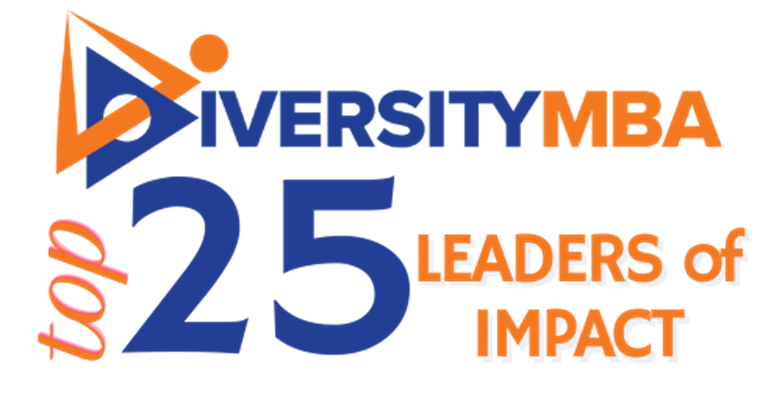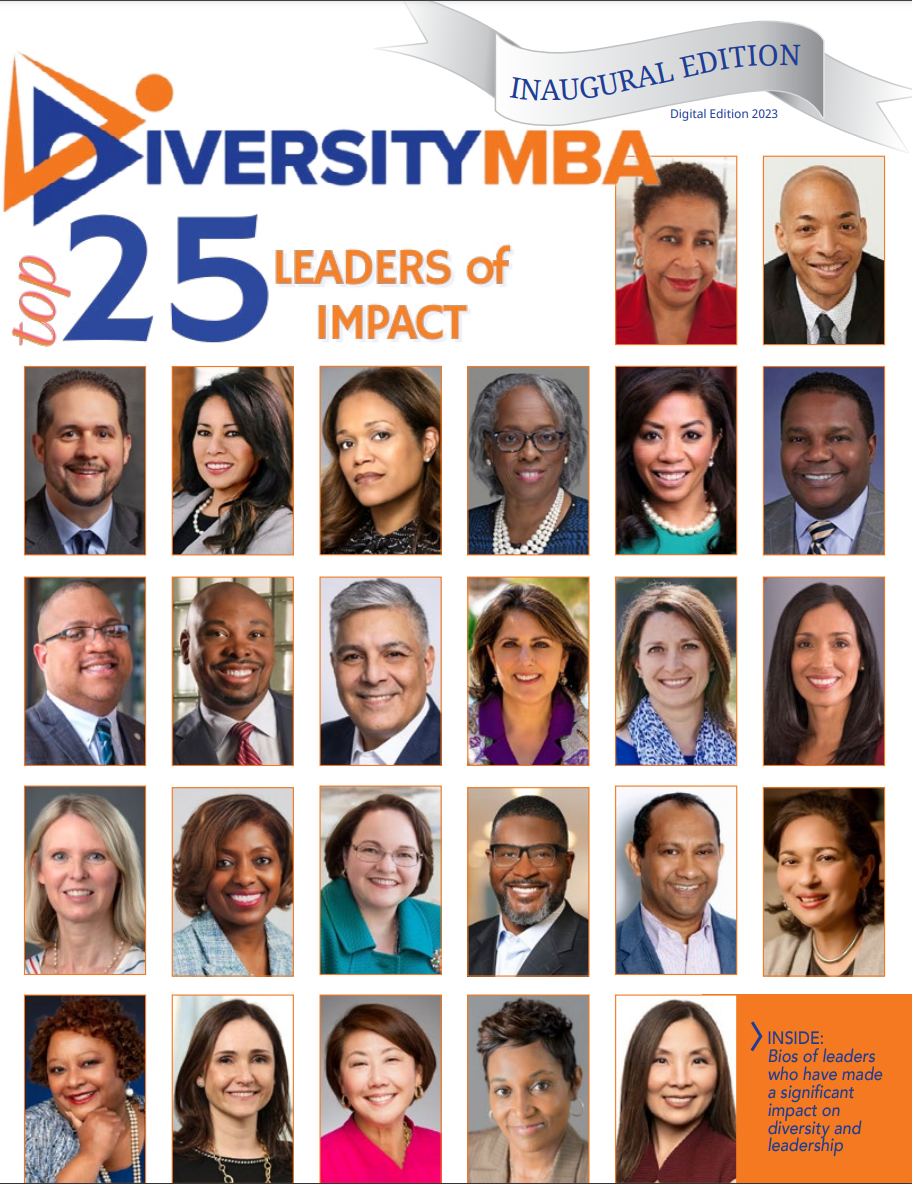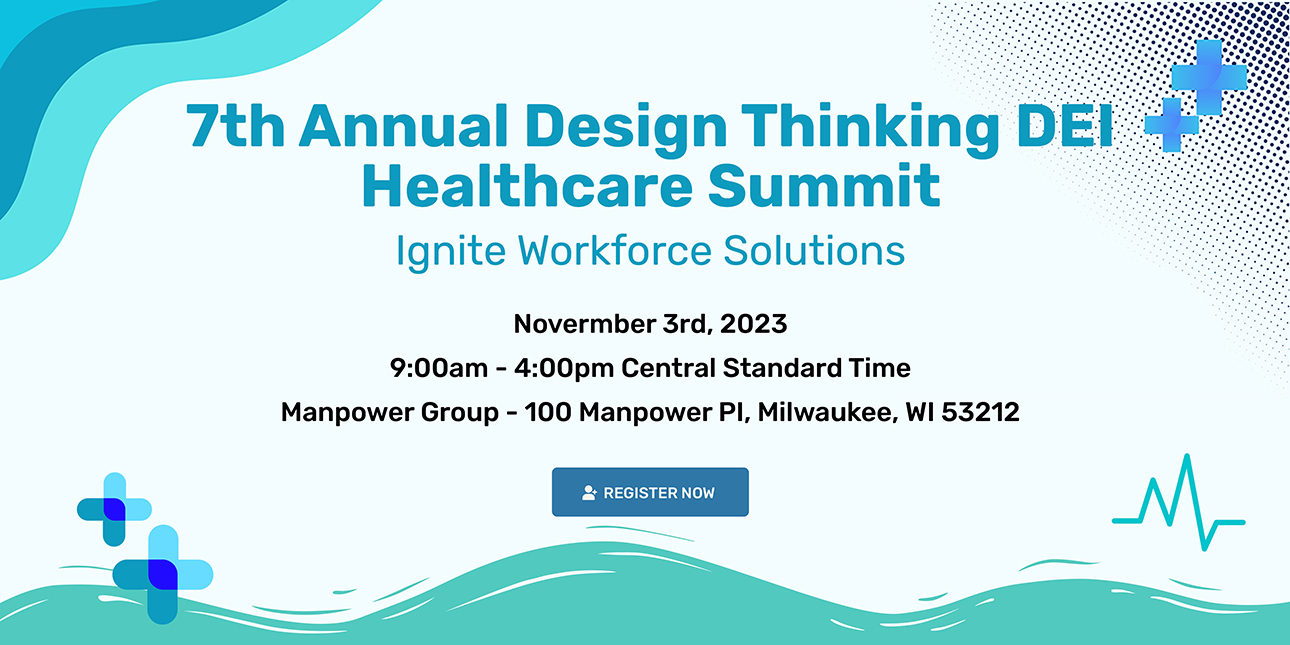
Bias — is it inherently a part of our DNA or is it a learned behavior? That is a question that has long been asked and, as recent events have shown, is as relevant as ever. I want to provide some perspective on this topic.
We talk about diversity and inclusion in our companies, but how does it show up in our daily lives, in our communities? We have to ask ourselves: Who really are our neighbors when misunderstandings can sneak into relationships with the very people who protect us, or with whom we break bread?
Martin Luther King’s insights were right on when he said that his dream was to live in a world where people “will not be judged by the color of their skin, but by the content of their character.” The problem is that we are not asking questions before taking action. Racial bias is affecting our ability to make good decisions — even good people.
There is an academic perspective on how bias plays out. This subject has been studied for decades and today there are many experts who provide theories.
For example, the competence ladder* helps us understand the levels of bias:
• unconscious incompetence – you don’t know that you don’t know
• conscious incompetence – you know that you don’t know
• unconscious competence – you don’t know that you know; and
• conscious competence – you know that you know.
As we ascend this ladder, we begin to understand the basics of how our minds work, and we are more aware of the consequences of our actions.
My take on all of this is we must go beyond our initial subconscious and desire to hate, and understand what makes people do the unthinkable and behave badly in distressed situations. I do believe much of the unrest is driven by the unconscious incompetence with regard to racial bias. At this level, actions can be taken – without much thought – that have devastating or even deadly consequences.
In the workplace, bias devastates enthusiasm, innovation and the ability for people to excel; in the community, bias prevents our children from growing up in a healthy environment.
The experts believe bias is a learned behavior that can be managed and developed into something good. I will not pretend to have the answers but I will say that each of us must go deep within and decide for ourselves what fears we have that will prevent others around us from being the best they can be.
* Scientific Mind






